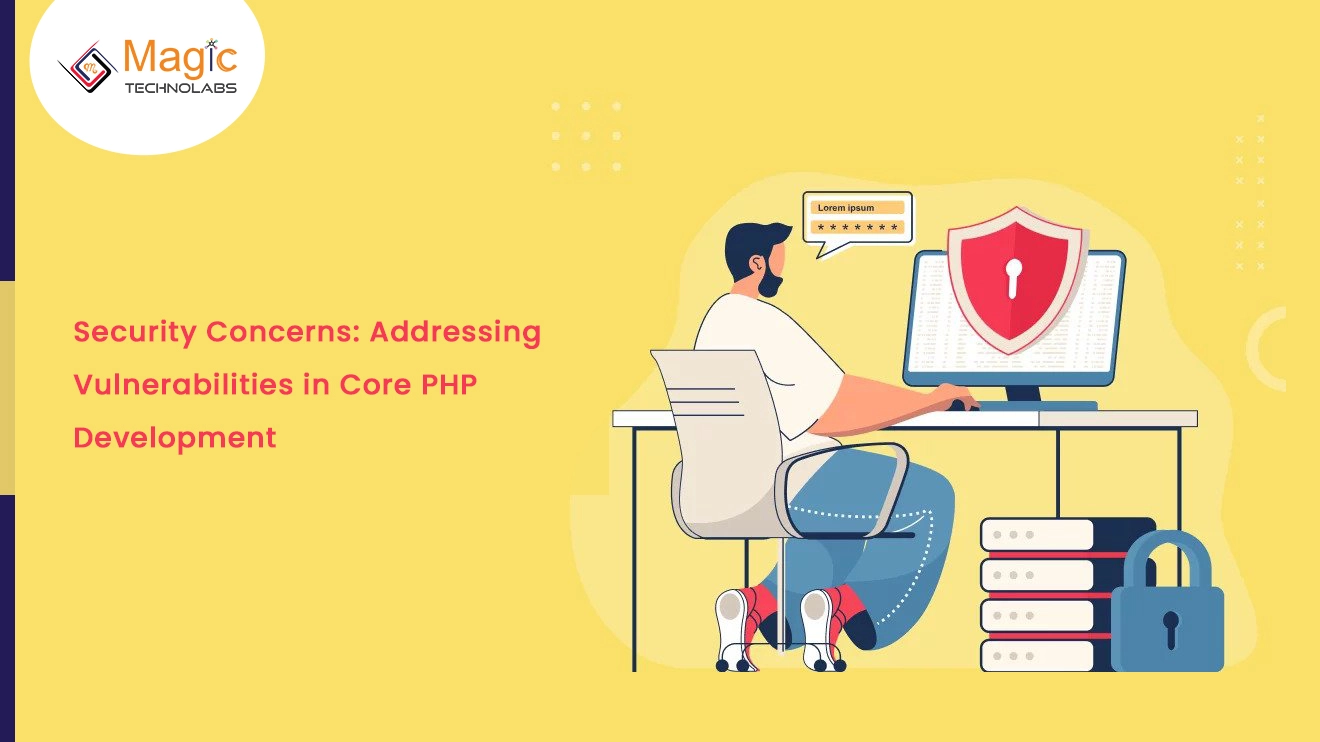In the realm of web development, ensuring the security of PHP applications is paramount. Addressing vulnerabilities in core PHP development is not just a best practice; it's a critical step toward safeguarding your projects from potential threats.
1. Regular Updates and Patches: Keeping your PHP version up to date is foundational for security. Regularly update to the latest PHP version and apply patches promptly. This ensures that your application benefits from the latest security enhancements and bug fixes.
2. Input Validation: Validate user input rigorously to prevent injection attacks. By validating and sanitizing user input, you reduce the risk of malicious code injection, a common avenue for attackers.
3. Secure Configuration: Configure PHP securely by adjusting settings in php.ini. Disable unnecessary features, limit file execution permissions, and set appropriate error reporting levels. This minimizes the attack surface and fortifies your application against potential exploits.
4. Use Prepared Statements: Employ prepared statements and parameterized queries when interacting with databases. This practice helps prevent SQL injection attacks by separating SQL code from user input.
5. Cross-Site Scripting (XSS) Protection: Implement measures to mitigate XSS attacks. Sanitize user input, use secure coding practices, and utilize frameworks or libraries that offer built-in protection against XSS vulnerabilities.
6. Session Security: Secure your sessions by using secure, random session IDs and employing session_regenerate_id(). Additionally, set session cookie attributes to enhance security.
7. File Upload Security: If your application involves file uploads, implement strict controls. Limit allowed file types, validate file sizes, and store uploads outside the web root to prevent unauthorized access.
8. Regular Security Audits: Conduct regular security audits to identify and address potential vulnerabilities. Automated tools, code reviews, and penetration testing can help assess the security posture of your PHP applications.
9. Stay Informed: Stay abreast of the latest security trends, vulnerabilities, and patches. Subscribe to security mailing lists and follow reputable sources to receive timely updates and insights.
By proactively addressing vulnerabilities in core PHP development, you not only fortify the security of your applications but also contribute to a safer online environment. Prioritize security at every stage of development to build robust and resilient PHP projects that stand up to evolving cybersecurity challenges.
















